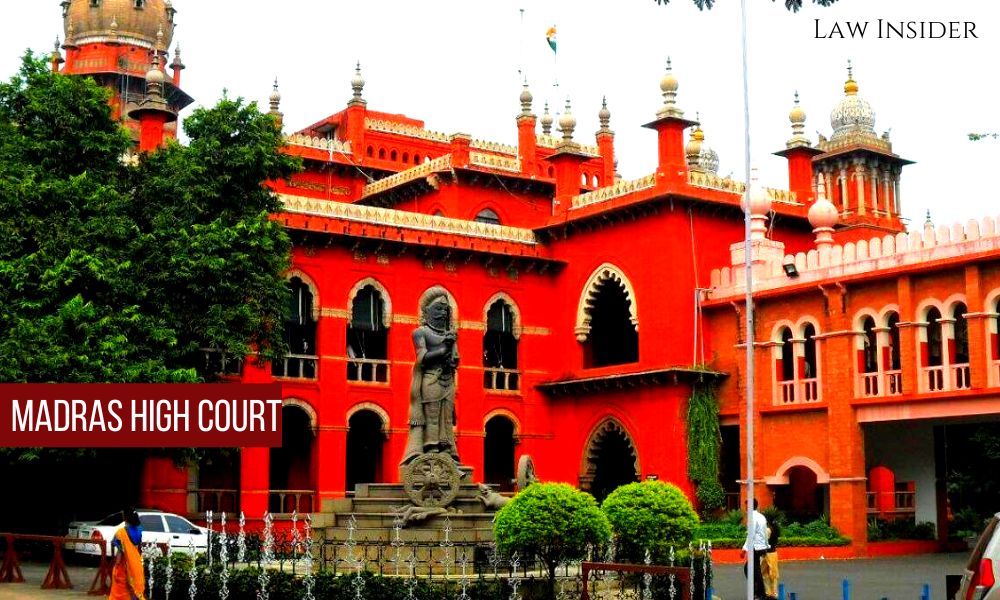Tanisha Rana
Published on: October 17, 2022 at 21:39 IST
Hindu Tamils, who were the primary victims of racial conflict in Sri Lanka, should be covered by the principles of the Citizenship Amendment Act (CAA), which gives opportunity for persecuted minorities from neighbouring countries to become Indian citizens, according to the Madras High Court‘s recent opinion.
A 29-year-old woman born in Tiruchirappalli, Tamil Nadu, to parents who immigrated from Sri Lanka was seeking a directive to the District Collector, Tiruchirappalli, to forward her application for Indian citizenship to State government authorities when Justice GR Swaminathan of the Madurai Bench heard her writ petition.
The judgment read,
“The Parliament has recently amended the Citizenship Act. The persecuted minorities from the immediate neighbourhood such as Pakistan, Afghanistan and Bangladesh now have an opportunity of getting Indian Citizenship. Though Srilanka does not fall within the said amendment, the very same principle is equally applicable.”
“One can take judicial notice of the fact that the Hindu Tamils of Srilanka were the primary victims of the racial strife. Though the Central Government has to take a call in the matter, there cannot be any impediment for considering the writ petitioner’s request.”
The court found that Abirami was born and had spent her entire life in India. She also has an Aadhaar card and attended school in Tiruchirappalli.
It was emphasised that she did not have Sri Lankan citizenship and would become stateless if her Indian citizenship was denied.
According to additional information, Abirami’s parents moved to India in the 1990s because they were unable to stay in Sri Lanka “due to the ethnic unrest.”
“In the case in hand, though the petitioner is a descendant of migrant parents, she was born in India. She has never been a Srilankan citizen and therefore the question of renouncing the same does not arise. If the petitioner’s request is not granted, that would lead to her statelessness. That is the situation which has to be avoided,” the Court said.
In light of this, the Court ruled that Abirami’s application for Indian citizenship should have been referred to the Central government by the State government and the district authorities.
The District Collector was instructed to convey Abirami’s application to the State administration, which was then instructed to forward it to the Centre. In accordance with a directive from Justice Swaminathan, the Centre has sixteen weeks to make a decision.
The petitioner was represented by M/s APN Law Associates attorney Srikanth.
The respondents were represented by Assistant Solicitor General L Victoria Gowri and Additional Government Pleader M Sarangan.
Case Title: S Abirami vs. Union of India and Others

